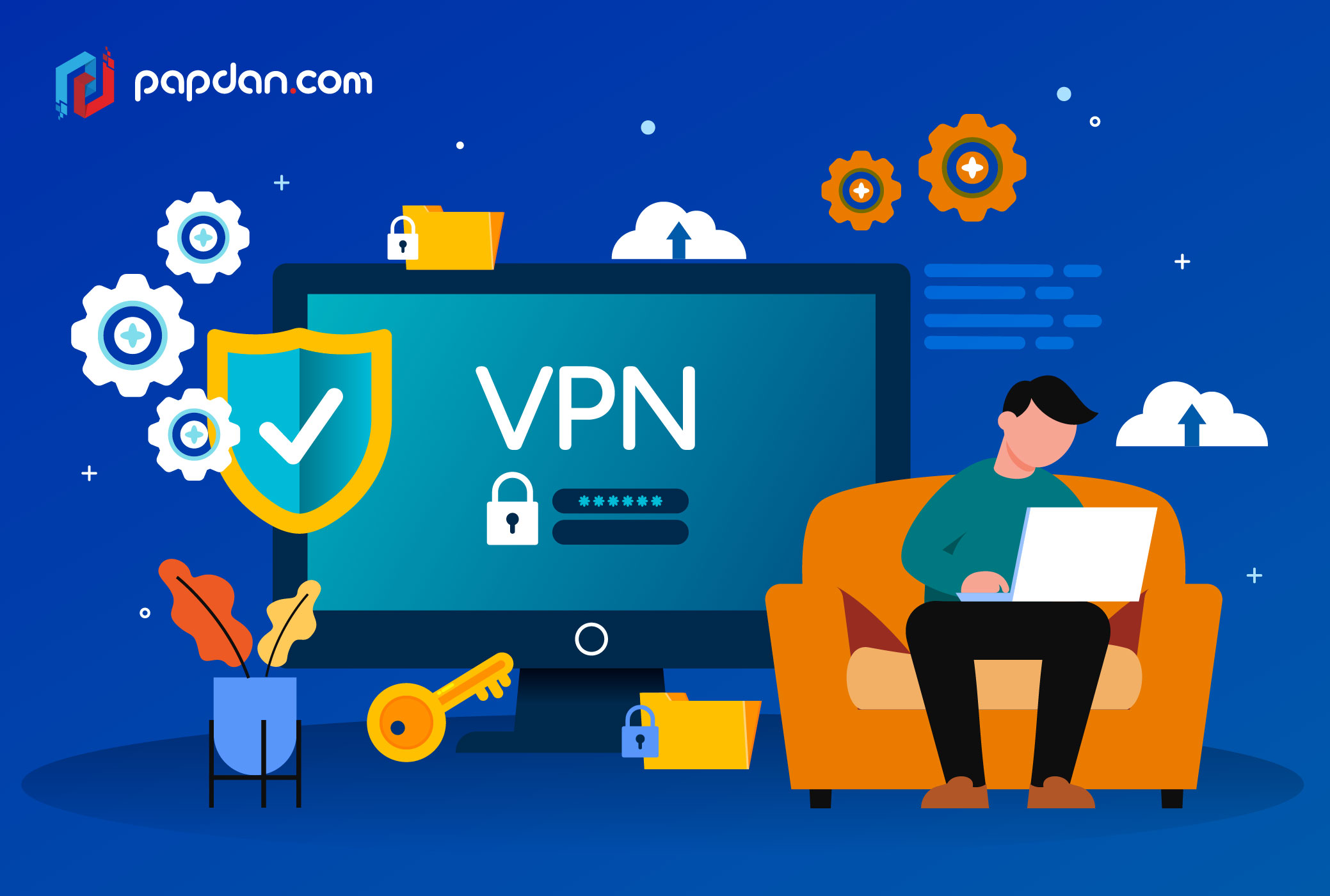Is there such a thing as internet privacy? Is it safe for you to use public Wi-Fi in a coffee shop? Should I be concerned about ad tracking? Is your personal information secure? If you feel like you’re being watched, you are. This post will explain why mostly web developers should start using a VPN service to makes us safer and less visible online.
You’re certainly well aware of the dangers of using an open internet connection. But allow us to explain it to you nonetheless. Every page you visit is logged by your ISP, and your work or school network is likely to do the same. Advertisers watch your online activities, and those websites view and log your IP address and system information. Your government may, too, and in certain countries, they may restrict the sites you may browse. You’re vulnerable to packet sniffer malware and man-in-the-middle attacks when using public Wi-Fi.
These issues are eliminated with the use of a VPN. Your activity is hidden from your ISP, local network, and public Wi-Fi when you connect to a remote server using an encrypted tunnel. The IP address of the VPN server is visible to websites and trackers on the other side of the connection, not your own. You’ve already made a significant step toward recovering your privacy.
A VPN is beneficial to everyone, but it is especially beneficial to developers since they spend so much time online and regularly work with sensitive data. Here are 10 ways why utilizing one might help you feel more secure:
- It’s a good approach to keep your intellectual property safe, such as proprietary code, custom designs and frameworks, programs, and resources, from being stolen and sold by hackers.
- It reduces the chance of any customer data you host, such as financial information, contact information, schematics, and patents, being hacked.
- It aids in the prevention of new product launches, advertising campaigns, acquisitions, and other data being leaked.
- You may use a different IP address to investigate your rivals’ websites and items in secret, so they won’t know you went there.
- By connecting to servers in various locations, you can ensure that your applications and websites run properly abroad. You may, for example, make sure your site isn’t too sluggish, double-check that the local language and currencies are right, and see if any of your resources have been geo-blocked.
- You may make sure that members of your remote team have access to all of the required materials and references for web development. Without a VPN, YouTube lessons for new tools and technologies, for example, may not be available in all regions.
- You can connect to public Wi-Fi hotspots with confidence when working outside the office.
- When you or remote employees use your server outside of the office, hackers can’t exploit network traffic to figure out your server’s login credentials. It also stops them from intercepting the information you’re getting.
- Anti-malware software is included in many VPN services, protecting you and your team from phishing assaults and other risks.
- It increases your online privacy and security in general. It’s usually a nice thing when it happens.

